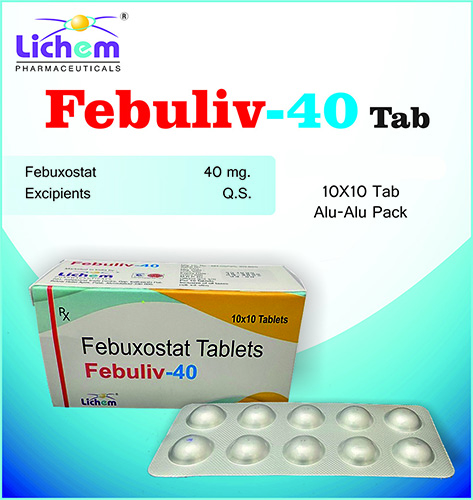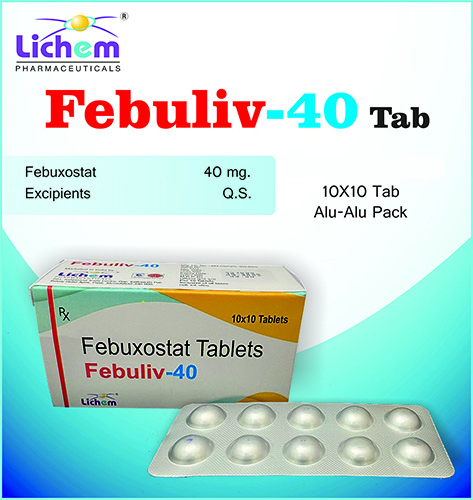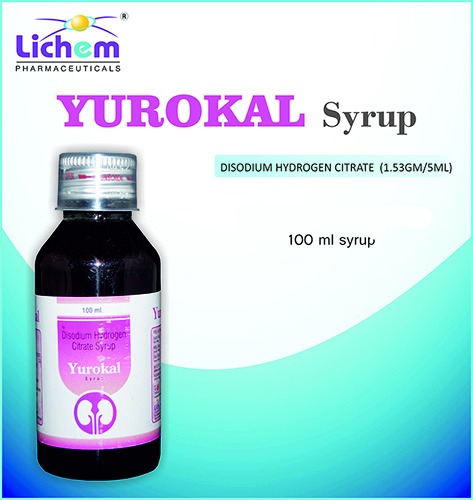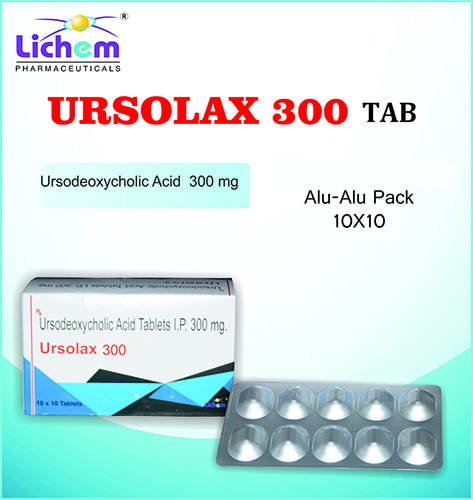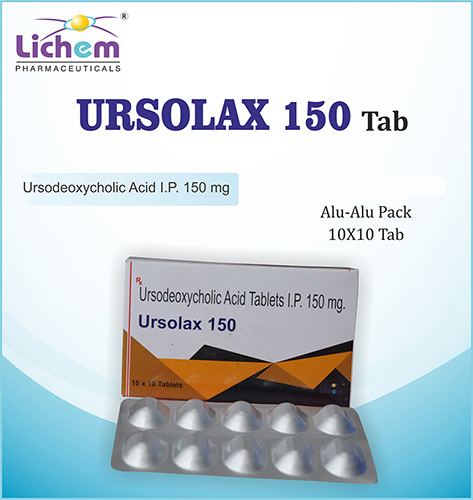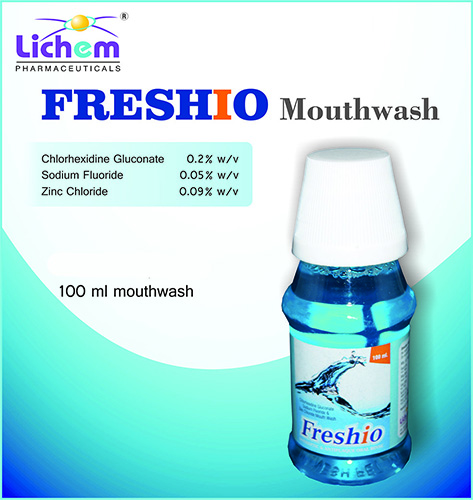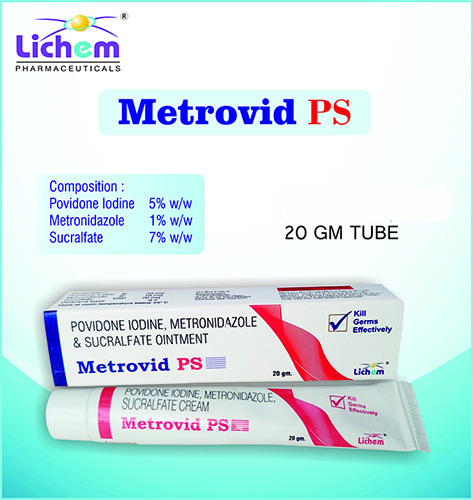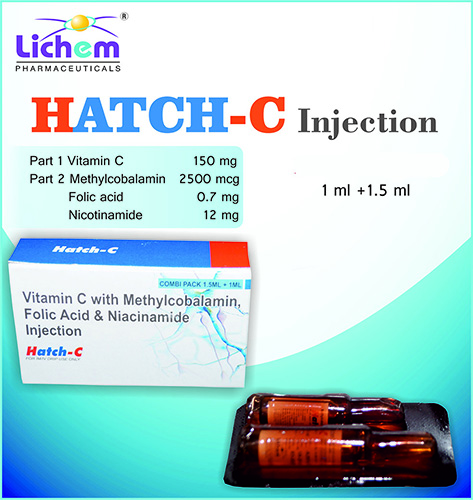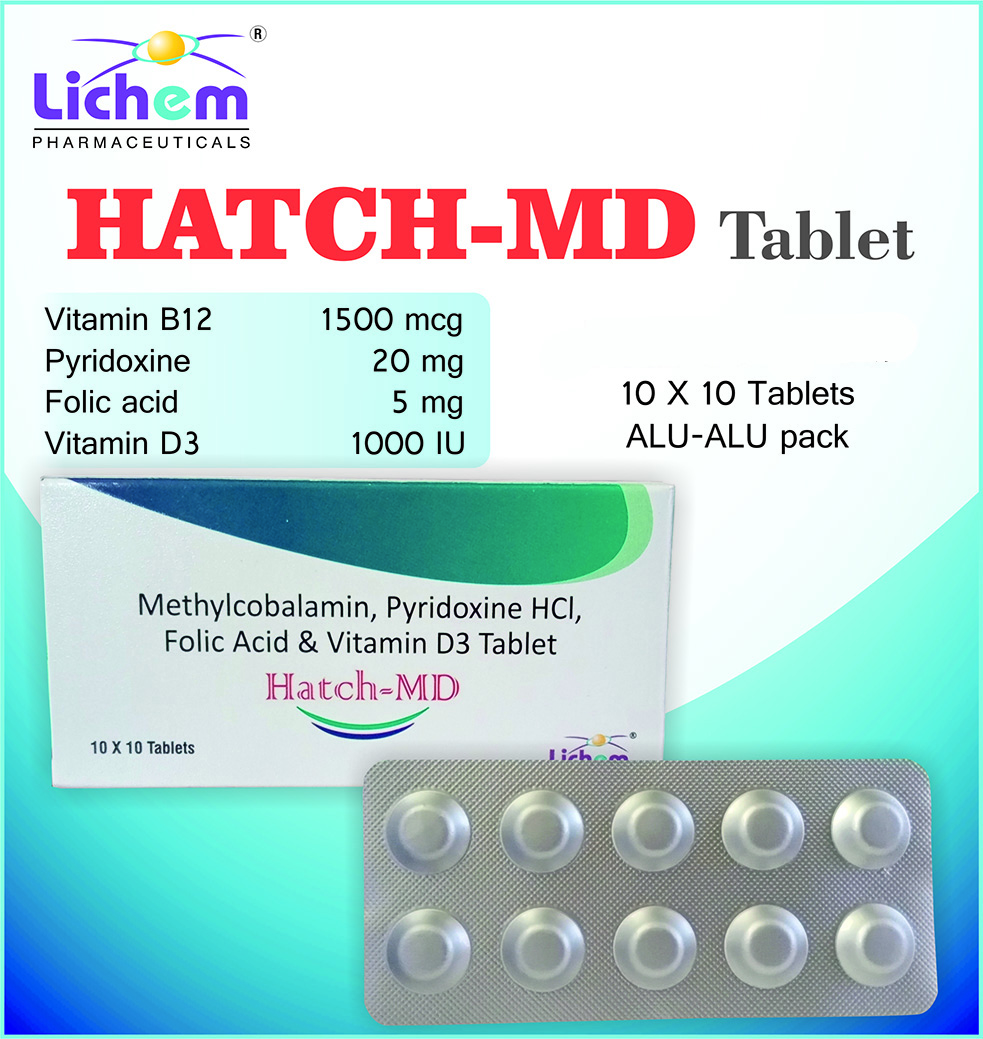Orthopaedic
Composition : Methylcobalamin 1500 mcg + Folic acid 5 mg + Vitamin B6 20 mg + Vitamin D3 1000 IU
Methylcobalamin (Vitamin B12) : A highly bioavailable form of Vitamin B12 crucial for nerve function, DNA synthesis, and red blood cell formation. This dosage (1500 mcg) is significantly higher than the recommended daily intake for most adults (2.4 mcg).
Folic Acid (Vitamin B9) : Essential for DNA synthesis, cell division, and red blood cell formation. The amount here (5mg) is considerably higher than the recommended daily intake for most adults (400 mcg).
Vitamin B6 (Pyridoxine) : Plays a role in brain function, red blood cell production, and protein metabolism. This dosage (20mg) is also higher than the recommended daily intake for most adults (1.3mg for women, 1.7mg for men).
Vitamin D3 (Cholecalciferol) : An essential vitamin for bone health, immune function, and cell growth.
INDICATIONS
Diabetic Neuropathy
Dementia
Alcoholic Neuropathy
Sciatica Syndrome
Drug Induced Neuropathy
Post Herpetic Neuralgia
Send Message
